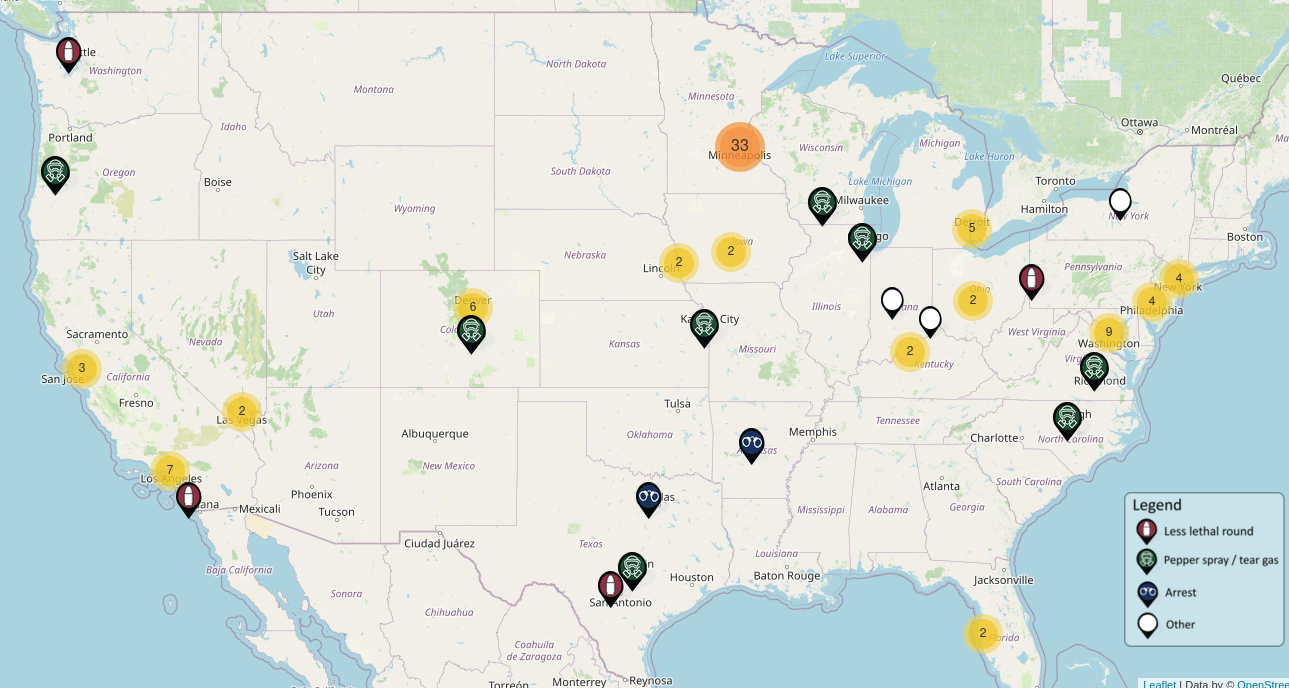Software is for You
It's been a dreary time for many, many reasons. So I thought I'd highlight a positive trend that I've been watching in the tech space lately. And that's a real focus on applying technology to fields and problem spaces where it can have an out-sized impact.
One of my favorite quotes related to this is from Michael Kennedy, a Python trainer and host of the Talk Python podcast. I don't recall the exact words but it's something to the effect of "the world doesn't need more developers, the world needs more biologists and engineers and accountants who can leverage software to address the specific problems that they're working on." And he highlights this concept with some amazing examples of people doing just that, such as an interview with Cornelius van Lit, a scholar of medieval Islamic philosophy. Cornelius uses software such as computer vision in his work in digital humanities to, among other things, analyze ancient scrolls in order to answer such questions as, which era a scroll comes from, and whether the author of a given scroll or set of scrolls worked with other scholars in that same era.
Similarly, I recently attended the ISOJ (the International Symposium on Online Journalism) conference put on by the Knight Foundation, and sat in on a session about journalists who are using modern technology to power investigative journalism. One of the panelists, Charlotte Godart, was from an organization called Bellingcat, which is "an independent international collective of researchers, investigators and citizen journalists using open source and social media investigation to probe a variety of subjects." She and the others on the panel had amazing examples of how they are using technology to do things like track disinformation, find monetary ties between organizations and criminals, and track police violence against journalists (Bellingcat even posts detailed guides on their site).

Importantly, it seems that the biggest gains to be made in applying technology to these critical fields, are by using "mundane technology", such as task automation, text parsing, summarizing and visualizing data, and scraping web pages. This was a point made in a recent interview on Talk Python with David Holmes who worked with the United States Digital Service. The USDS uses a tour-based system where a person from private industry can serve in the government for up to four years and apply their knowledge to solving problems in various government agencies. What David pointed out is that, very often, simply applying modern industry best practices to an issue is enough to vastly improve services available to citizens and have a real and immediate impact in peoples' lives.
This is in contrast to what I believe most people think of when they think of technology as a force for improving peoples' lives. Most people think of advanced technologies like AI or NLP (natural language processing) or robotics. And I wonder if that notion, and the mystique of those technologies rubs off on software development as a field more broadly.
The myth of software development as an advanced and esoteric field is a damaging one on so many levels. It keeps organizations from investigating technological solutions to simple problems, it makes programming solutions seem out of reach to all but developers, and it keeps people from entering the field in the first place when they might have otherwise. Again, I really appreciate Michael Kennedy's take on this. He suggest that the right way to think of programming as a skill set is the same way that we think of familiarity with Excel or other M.S. Office tools. It's a tool that's potentially useful to almost anyone working in almost any domain. Although the concept of the 10x developer has been justifiably and widely mocked, a person arguably could have many times the impact in their respective field by applying software solutions to day-to-day challenges for things like automation and data work.
All of this is why I get excited when I see what organizations like the USDS, or Code for America are doing in the government space, or what the Knight Foundation is doing in the Journalism space. As a society we have real problems that need to be addressed. I don't think technology is necessarily the answer to those problems but it has a role to play. It needs to lose its veneer of mysticism before it can be play that role and be broadly applied. We'd do well to recognize that we can most forcefully leverage technology as a force for good through the application of "boring" tools and solutions that are readily available and which can be utilized by almost anyone.